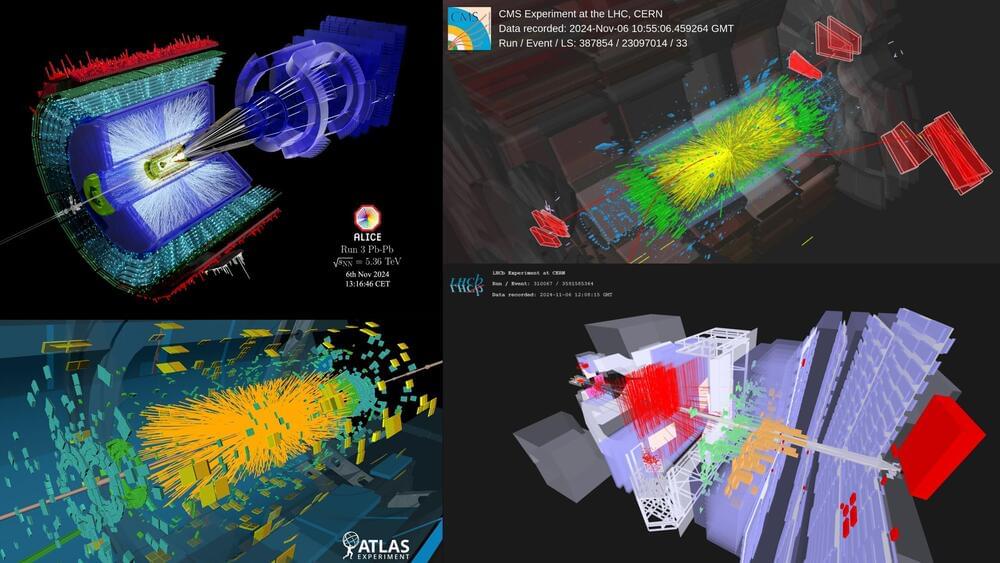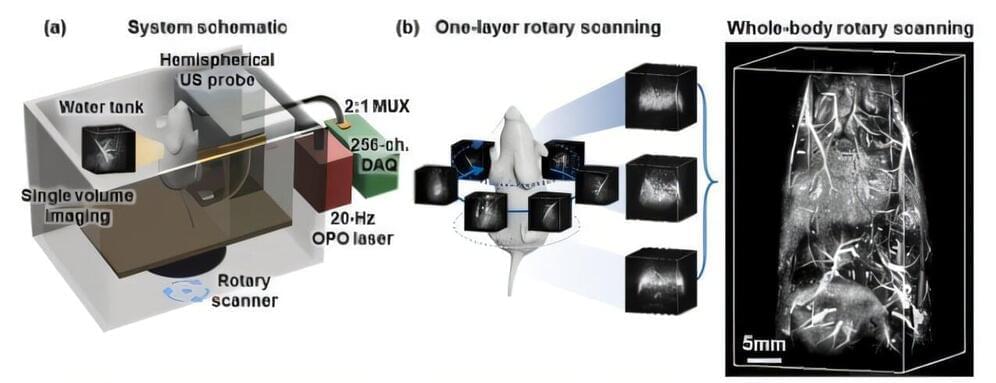Ymir ransomware exploits memory management to evade detection, targeting credentials for stealthy network breaches.



Researchers created a single-step device using redox electrodialysis and electrosorption to capture and destroy diverse PFAS chemicals, aiming to address contamination in water and industrial wastewater.
A study from the University of Illinois Urbana-Champaign is the first to introduce an electrochemical method capable of capturing, concentrating, and destroying diverse PFAS chemicals—including the increasingly common ultra-short-chain PFAS—in water, all in a single process. This breakthrough holds promise for tackling the mounting industrial challenge of PFAS contamination, especially within semiconductor manufacturing.
A previous U. of I. study showed that short-and long-chain PFAS can be removed from water using electrochemically driven adsorption, referred to as electrosorption, but this method is ineffective for ultra-short-chain molecules because of their small size and different chemical properties. The new study, led by Illinois chemical and biomolecular engineering professor Xiao Su, combines a desalination filtration technology, called redox electrodialysis, with electrosorption in a single device to address the problems associated with capturing the complete PFAS size spectrum.

Scientists continue to monitor Mount Spurr, a volcano to the west of Anchorage and a huge chunk of the state’s population, after signs of unrest this spring, and again in the fall.
The Alaska Volcano Observatory raised its color code for Spurr to yellow, or “advisory” status, Oct. 16.
The observatory’s Scientist in Charge, Matt Haney, says that was after seismometers picked up an increased number of small earthquakes at the volcano and GPS sensors showed it was swelling up.

Massive stars about eight times more massive than the sun explode as supernovae at the end of their lives. The explosions, which leave behind a black hole or a neutron star, are so energetic they can outshine their host galaxies for months. However, astronomers appear to have spotted a massive star that skipped the explosion and turned directly into a black hole.

The Large Hadron Collider (LHC) is like an immensely powerful kitchen, designed to cook up some of the rarest and hottest recipes in the universe, like the quark–gluon plasma, a state of matter known to have existed shortly after the Big Bang. While the LHC mostly collides protons, once a year it collides heavy ions—such as lead nuclei—a key ingredient for preparing this primordial soup.

I’m interested in what impact hydrogen cars will be on the economy, and what technological advancements we will see in the future The NEXO is a truly one-of-a-kind hydrogen fuel cell SUV that combines cutting-edge technology and futuristic design with fantastic driving range.
Fuel cell power and hydrogen make the Hyundai NEXO a highly advanced family-sized SUV.

Existing perovskite solar cells, which have the problem of not being able to utilize approximately 52% of total solar energy, have been developed by a Korean research team as an innovative technology that maximizes near-infrared light capture performance while greatly improving power conversion efficiency. This greatly increases the possibility of commercializing next-generation solar cells and is expected to contribute to important technological advancements in the global solar cell market.
The research team of Professor Jung-Yong Lee of the School of Electrical Engineering at KAIST (President Kwang-Hyung Lee) and Professor Woojae Kim of the Department of Chemistry at Yonsei University announced on October 31st that they have developed a high-efficiency and high-stability organic-inorganic hybrid solar cell production technology that maximizes near-infrared light capture beyond the existing visible light range.
The research team suggested and advanced a hybrid next-generation device structure with organic photo-semiconductors that complements perovskite materials limited to visible light absorption and expands the absorption range to near-infrared.
The dream of traversing the depths of space and planting the seed of human civilization on another planet has existed for generations. For long as we’ve known that most stars in the Universe are likely to have their own system of planets, there have been those who advocated that we explore them (and even settle on them). With the dawn of the Space Age, this idea was no longer just the stuff of science fiction and became a matter of scientific study. Unfortunately, the challenges of venturing beyond Earth and reaching another star system are myriad.
When it comes down to it, there are only two ways to send crewed missions to exoplanets. The first is to develop advanced propulsion systems that can achieve relativistic speeds (a fraction of the speed of light). The second involves building spacecraft that can sustain crews for generations – aka. a Generation Ship (or Worldship). On November 1st, 2024, Project Hyperion launched a design competition for crewed interstellar travel via generation ships that would rely on current and near-future technologies. The competition is open to the public and will award a total of $10,000 (USD) for innovative concepts.
Project Hyperion is an international, interdisciplinary team composed of architects, engineers, anthropologists, and urban planners. Many of them have worked with agencies and institutes like NASA, the ESA, and the Massachusetts Institute of Technology (MIT). Their competition is sponsored by the Initiative for Interstellar Studies (i4is), a non-profit organization incorporated in the UK dedicated to research that will enable robotic and human exploration and the settlement of exoplanets around nearby stars.

A theoretical model shows that exchange of information plays a key role in the molecular machines found in biological cells.
Molecular machines perform mechanical functions in cells such as locomotion and chemical assembly, but these “tiny engines” don’t operate under the same thermodynamic design principles as more traditional engines. A new theoretical model relates molecular-scale heat engines to information engines, which are systems that use information to generate work, like the famous “Maxwell’s demon” [1]. The results suggest that a flow of information lies at the heart of molecular machines and of larger heat engines such as thermoelectric devices.
The prototypical engine is a steam engine, in which work is produced by a fluid exposed to a cycle of hot and cold temperatures. But there are other engine designs, such as the bipartite engine, which has two separate parts held at different temperatures. This design is similar to that of some molecular machines, such as the kinesin motor, which carries “molecular cargo” across biological cells. “Bipartite heat engines are common in biology and engineering, but they really haven’t been studied through a thermodynamics lens,” says Matthew Leighton from Simon Fraser University (SFU) in Canada. He and his colleagues have now analyzed bipartite heat engines in a way that reveals a connection to information engines.
